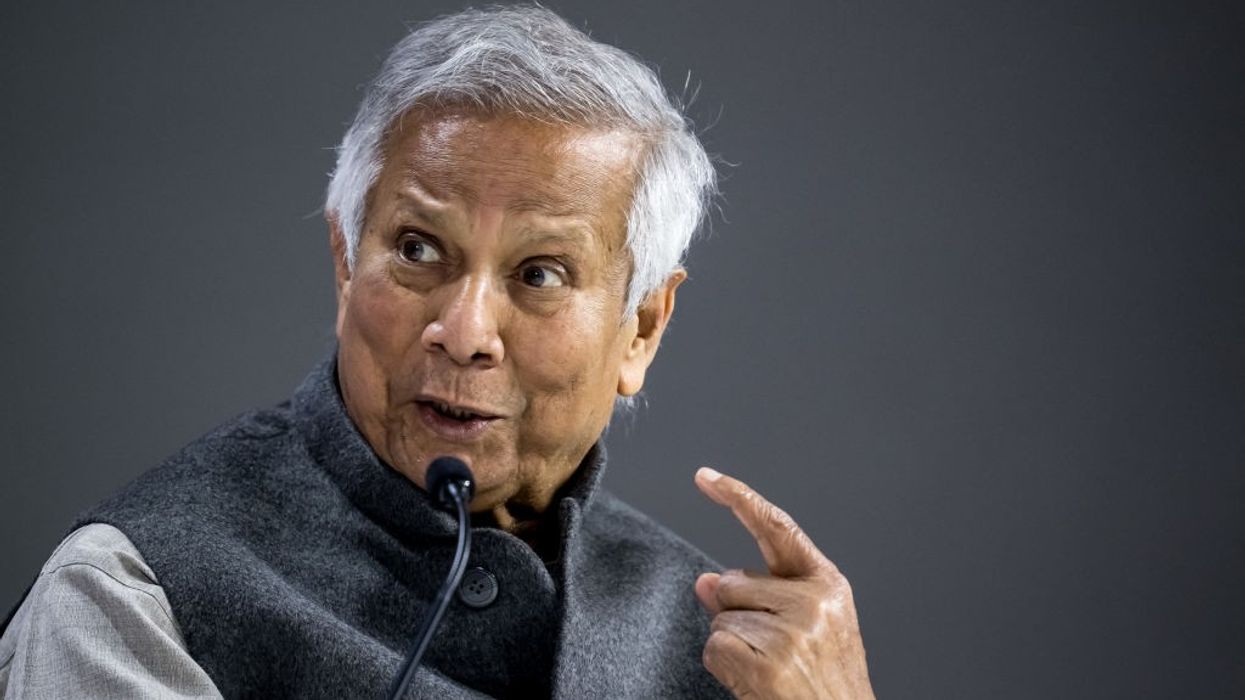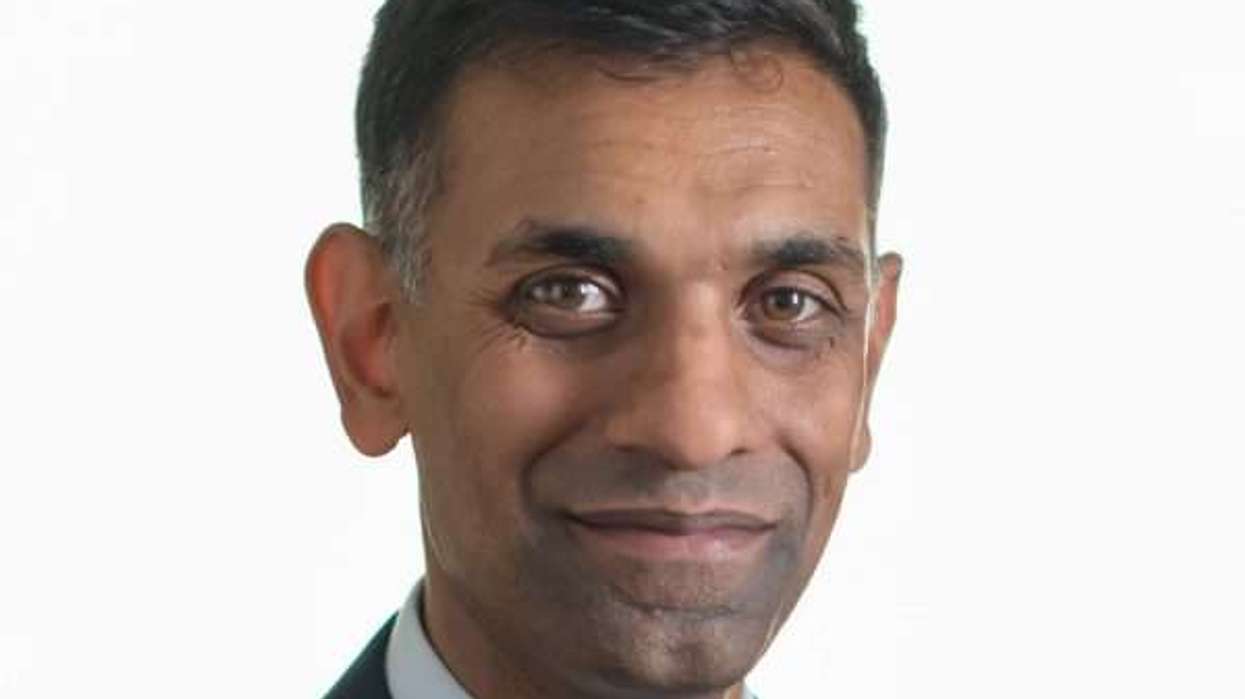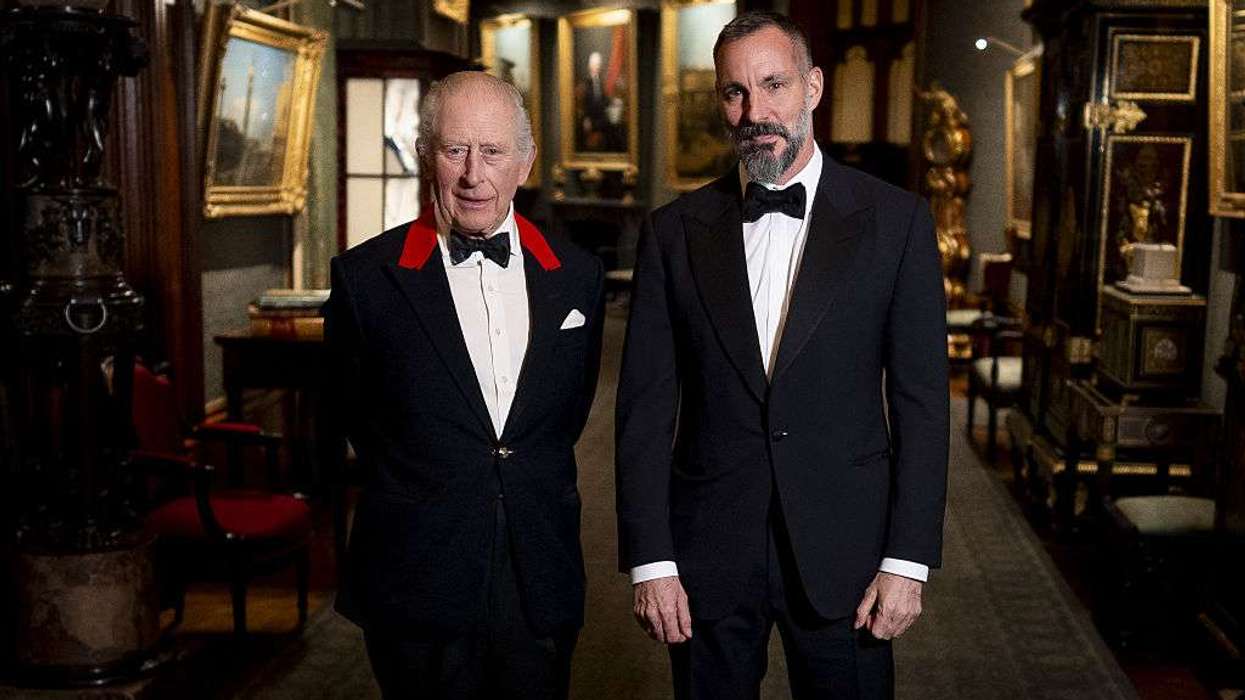BANGLADESH's interim leader, who took over after a mass uprising last year, will meet powerful parties pressuring his government later on Saturday (24), days after he reportedly threatened to quit.
Muhammad Yunus, the 84-year-old Nobel Peace Prize winner who leads the caretaker government as its chief adviser until elections are held, has called for rival political parties jostling for power to give him their full support.
His press secretary Shafiqul Alam confirmed Yunus would meet leaders of the powerful Bangladesh Nationalist Party (BNP), as well as leaders of Jamaat-e-Islami, the Muslim-majority nation's largest Islamist party.
"He is meeting BNP and Jamaat leaders this evening," Alam said. No agenda for the talks has been released.
But the BNP, seen as the front-runners in elections, are pushing heavily for polls to be held by December. They would be the first elections since a student-led revolt forced then-prime minister Sheikh Hasina to flee in August 2024.
Microfinance pioneer Yunus, who has led the country after returning from exile at the behest of protesters, says he has a duty to implement democratic reforms before elections.
Yunus has said polls could be held as early as December, but that holding them later -- with a deadline of June -- would give more time for those changes.
The South Asian nation of around 170 million people has been in political turmoil since Hasina fled, but this week has seen an escalation with rival parties protesting on the streets of the capital Dhaka with a string of competing demands.
"Our senior members will be there for the talks," said BNP media official Shairul Kabir Khan.
Jamaat-e-Islami's media spokesperson Ataur Rahman Sarkar also confirmed that they were invited.
On Thursday (22), a political ally and sources in his office said Yunus had threatened to resign if Bangladesh's parties and factions did not back him.
That came a day after BNP supporters held large-scale protests against the interim government for the first time demanding an election date.
"If he is unable to announce a specific election date by December, we will reconsider our support for his administration," senior BNP leader Salahuddin Ahmed said in an interview on a private TV channel broadcast on Friday (23).
According to local media and military sources, army chief General Waker-Uz-Zaman this week also said that elections should be held by December -- aligning with BNP demands.
Bangladesh has a long history of military coups, and the army retains a powerful role in the country.
Jamaat-e-Islami loyalists have also protested against the government, demanding the abolition of a women's commission seeking equality.
Nahid Islam, leader of the National Citizen Party -- made up of many of the students who spearheaded the uprising against Hasina -- said his party meanwhile wanted later elections to give time for change.
The students wanted "fundamental reforms" to Bangladesh's system of governance, Islam, an ally of Yunus, told reporters on Friday, according to the Prothom Alo newspaper.
But he said rival parties considered the overthrow of Hasina to be "regime change and are trying to assume power" under the existing constitution.
"There are efforts to create an unstable situation in the country," Islam added. "We must remain united and not fall into the trap."
Hasina, 77, remains in self-imposed exile in India.
She has defied an arrest warrant to face trial for crimes against humanity related to last year's police crackdown on protesters during which at least 1,400 were killed.
(AFP)





